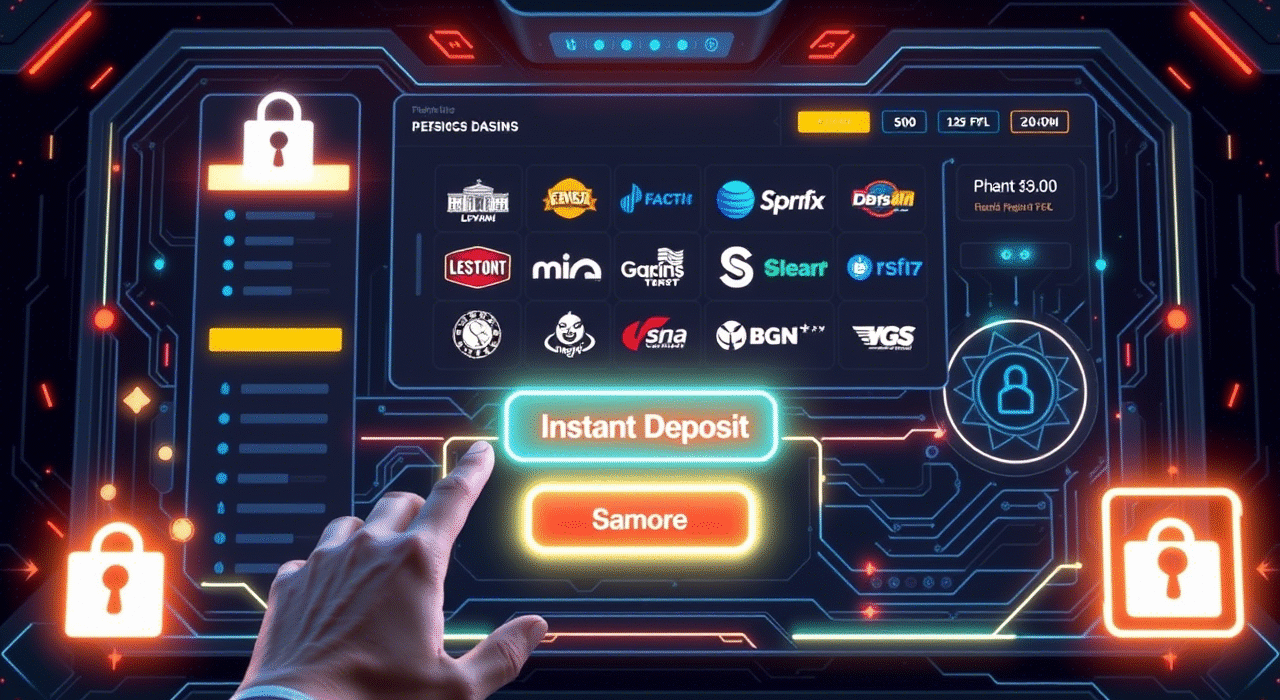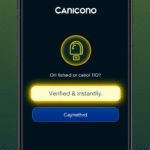💡 Introduction: A Financial Revolution Hits iGaming
In the past, depositing funds to gamble online often meant clunky card forms, frustrating verification loops, and long withdrawal delays. But over the last three years, a silent revolution has been transforming the payments landscape in gambling: Open Banking.
Now live in 30+ countries and backed by regulations like PSD2 in Europe and CMA9 in the UK, Open Banking allows operators to plug directly into a player’s bank account (with consent) to offer instant, secure, and verified transactions—no cards, no third-party friction.
But as adoption rises across Europe and beyond, critical questions surface:
Is Open Banking truly safer? Does it create a better user experience? Or is it another fintech trend with limited traction?
🧠 What Is Open Banking, Exactly?
At its core, Open Banking refers to the secure sharing of financial data and permissioned account access through APIs (application programming interfaces). It’s a way for banks to give regulated third parties (like gambling platforms or payment aggregators) access to:
- Player identity data (e.g., name, account number)
- Real-time balance and transaction verification
- Direct payment initiation from bank accounts
In simple terms: it lets you log in via your bank to deposit or withdraw instantly, without cards or third-party wallets.
🎰 Why It’s a Game-Changer for Gambling
⚡ 1. Speed That Outpaces Cards and Wallets
One of the biggest pain points for players is slow withdrawals. With Open Banking:
- Deposits happen in seconds
- Withdrawals can be real-time (up to 30x faster than traditional methods)
Operators using platforms like Trustly, Volt, Zimpler, and TrueLayer now advertise “instant payouts”—a major player retention tool.
🛡️ 2. Built-In KYC and Player Verification
Open Banking integrates account ownership and identity checks:
- Confirms name matches on bank account
- Flags suspicious activity via transaction history
- Allows frictionless AML compliance checks
This reduces fraud, fake accounts, and abuse of bonuses—especially for multi-accounting and stolen card use.
💸 3. Cost Efficiency for Operators
Unlike card networks that charge high interchange fees and eWallets with withdrawal costs, Open Banking payments often:
- Skip intermediaries
- Offer lower transaction fees
- Provide better chargeback protection (they’re irreversible)
This makes them ideal for high-volume platforms seeking better margins.
🌍 Global Adoption Snapshot
| Region | Adoption Level | Leading Providers |
| UK | High | TrueLayer, Volt, Yapily |
| EU (Nordics) | Very High | Trustly, Zimpler |
| Germany/France | Moderate | Klarna, Sofort |
| Canada/US | Emerging | Plaid, MX |
| LatAm | Early-stage | Belvo, Nequi |
| India | Not Open Banking per se, but UPI acts similarly |
In the UK, Open Banking transactions grew from 2.8 million/month in 2021 to 11 million/month in 2024, with gambling among the top five use cases.
🧪 Player Experience: Is It Actually Better?
✅ The Good:
- No need to type in card numbers or remember CVVs
- Real-time bank login through a secure interface
- Fewer failed transactions or declined cards
- Seamless flow from registration to first deposit
⚠️ The Friction:
- Requires bank app or net banking login access
- Older users may find it confusing
- Some banks still slow to support newer APIs
In surveys, younger, mobile-first players are most likely to embrace Open Banking. However, platforms that onboard users with visual walkthroughs (e.g., VoltPay or Zimpler’s UI) report higher success rates.
🔍 Case Study: Trustly’s “Pay N Play” Model
Trustly’s “Pay N Play” is arguably the most advanced application of Open Banking in gambling. It eliminates traditional registration entirely:
- Player selects bank from dropdown
- Logs in, confirms identity, and deposits
- An account is automatically created using bank KYC data
Result: 90-second onboarding. No username. No password. Just verified play.
Operators using Pay N Play report:
- 35% increase in conversion rates
- 40% reduction in bonus abuse
- High trust from regulators (especially in Sweden and Finland)
🧩 Use Cases Beyond Deposits
Open Banking in gambling isn’t just about transactions. It also powers:
📄 1. Affordability Checks
Verify income and spending patterns to prevent at-risk players from overspending.
🧾 2. Source of Funds Validation
Avoid manual document uploads—review transaction history via API.
🔁 3. Smart Recurring Payments
Auto-top-up when balance drops, with full player control.
🔐 4. Self-Exclusion Syncing
Integrate with responsible gambling tools across bank-linked services.
⚖️ Regulatory Perception: Green Light or Red Flag?
Pro-regulation markets (UK, EU, Nordics):
Regulators have embraced Open Banking as a safer, more auditable system that:
- Promotes transparency
- Helps enforce responsible gambling
- Improves KYC/AML compliance
Emerging markets (India, LatAm, Africa):
Less regulatory clarity, but growing fintech infrastructure (e.g., UPI, PIX) is pushing the shift toward bank-driven solutions even without formal Open Banking laws.
🔮 What’s Next? The 2025+ Outlook
🌐 1. Cross-Border Open Banking
Platforms like Volt and Truelayer are building unified payment APIs across EU, UK, and beyond—no localization headaches.
🤖 2. AI + Open Banking Fusion
Player data from banks will feed real-time models for:
- Bonus personalization
- Risk profiling
- VIP segmentation
🪙 3. Crypto + Open Banking Hybrid Wallets
Some operators are experimenting with wallets that support both fiat and crypto, settling fiat via Open Banking and offering instant swaps via APIs.
📲 4. Embedded Responsible Gambling Tools
Imagine setting deposit limits or self-exclusion directly from your bank app, synced with all licensed operators—gambling control baked into banking.
🏁 Final Thoughts
Open Banking isn’t just another payment method—it’s the future infrastructure of how iGaming will operate: faster, smarter, more transparent.
Players get control. Operators get compliance. Regulators get visibility. Everyone wins.
As adoption spreads and APIs mature, Open Banking may do for gambling what smartphones did for communication: change the game entirely.











